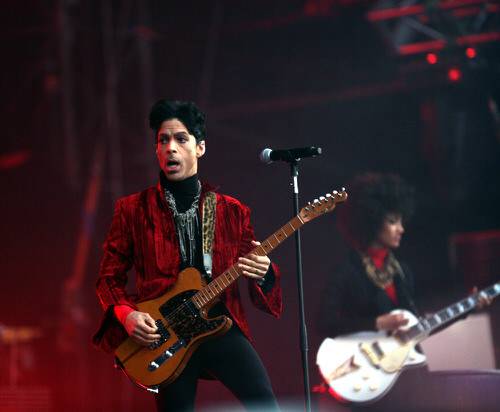
Well, that didn’t take long. Two months after its launch, the social video-sharing app Vine has received its first copyright takedown notices. The complaints were sent by NPG, the record label owned by Prince, whose music appeared in a few six-second videos on Vine.
This is absurd. Uploading an entire Prince album to YouTube is one thing. But six disjointed seconds in smartphone camera quality? Something tells me four clips of that nature aren’t going to eat into Prince’s album sales.
Prince, who three years ago declared the Internet to be “completely over,” is known as a stalwart, sometimes overzealous defender of his intellectual property online. In fact, it was the use of a Prince song in a YouTube video that led to Lenz v. Universal, an often-cited 2008 court decision dealing with copyright and fair use.
In that case, the court ruled in favor of Stephanie Lenz, whose video of her baby dancing to Prince’s song “Let’s Go Crazy” was the target of a copyright infringement claim by Universal Music. Lenz argued that video constituted fair use and the court agreed that Universal didn’t adequately weigh the fair use principle when issuing takedown notices, something it has a reputation for doing rather aggressively.
Let’s (Not) Go Crazy
Whether or not six seconds of a Prince song in a user-generated video constitutes fair use is something for a court to decide. If it’s not, though — if uploading a crappy, six-second video that contains someone’s song turns out to be illegal — we have to ask ourselves some pretty fundamental questions about copyright and what it’s for.
Of course, that there’s a need to rethink copyright in the 21st century is hardly breaking news. The original framework doesn’t work that well for anybody, as has been evident for at least a decade. Last month, the U.S. Copyright Office itself called for a dramatic overhaul of copyright law, with Register of Copyrights Maria Pallante saying “it is time for a new law.”
Whatever replaces the current copyright framework will need to balance the rights and financial interests of creators with the fact that we have a completely new way of creating and sharing culture and media than we did a few decades ago. That will mean changes in how creative works are distributed and monetized, sure, but it also opens up a whole universe of new cultural possibilities, which shouldn’t be squashed without a very good justification.
To say that things have changed since Prince recorded “Let’s Go Crazy” in 1984 is an understatement. When you consider how dramatically (and mostly for the better) the Internet has changed how we live, work and yes, create and experience culture, the idea of waging an all-out war against tiny pieces of content like this seems, well, kind of crazy.

















